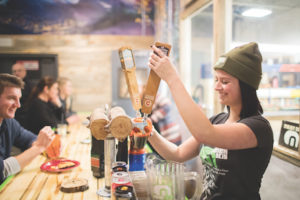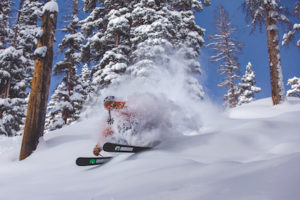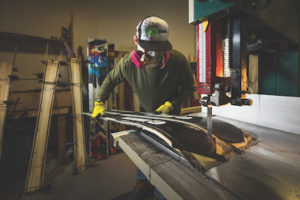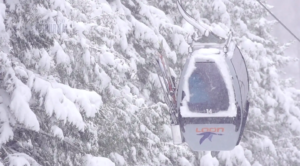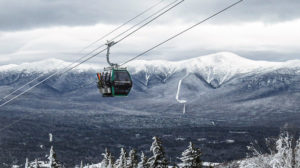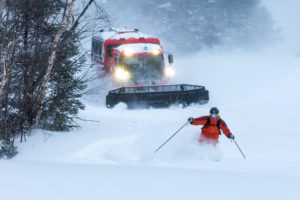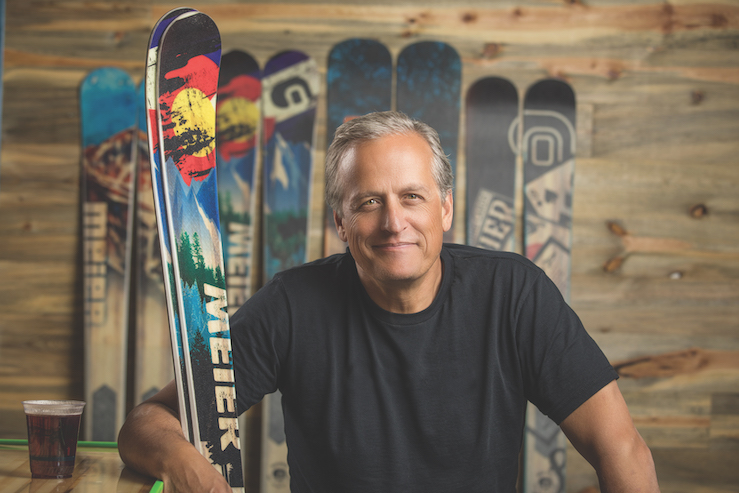
The way former Red Sox catcher Carlton Fisk figures it, if there were some truth to everybody he has encountered over the years saying that he or she were there the night he hit the famed, game-winning home run in Game 6 of the 1975 World Series, then Fenway Park’s attendance would have been somewhere around 250,000 people that night.
Count Ted Eynon among the masses.
In the actual crowd of 32,205, that is, not the revisionist estimate that has only grown with the game’s legend.
“I actually was there,” the native of Ashland, Mass., said. “I truly was there.”
